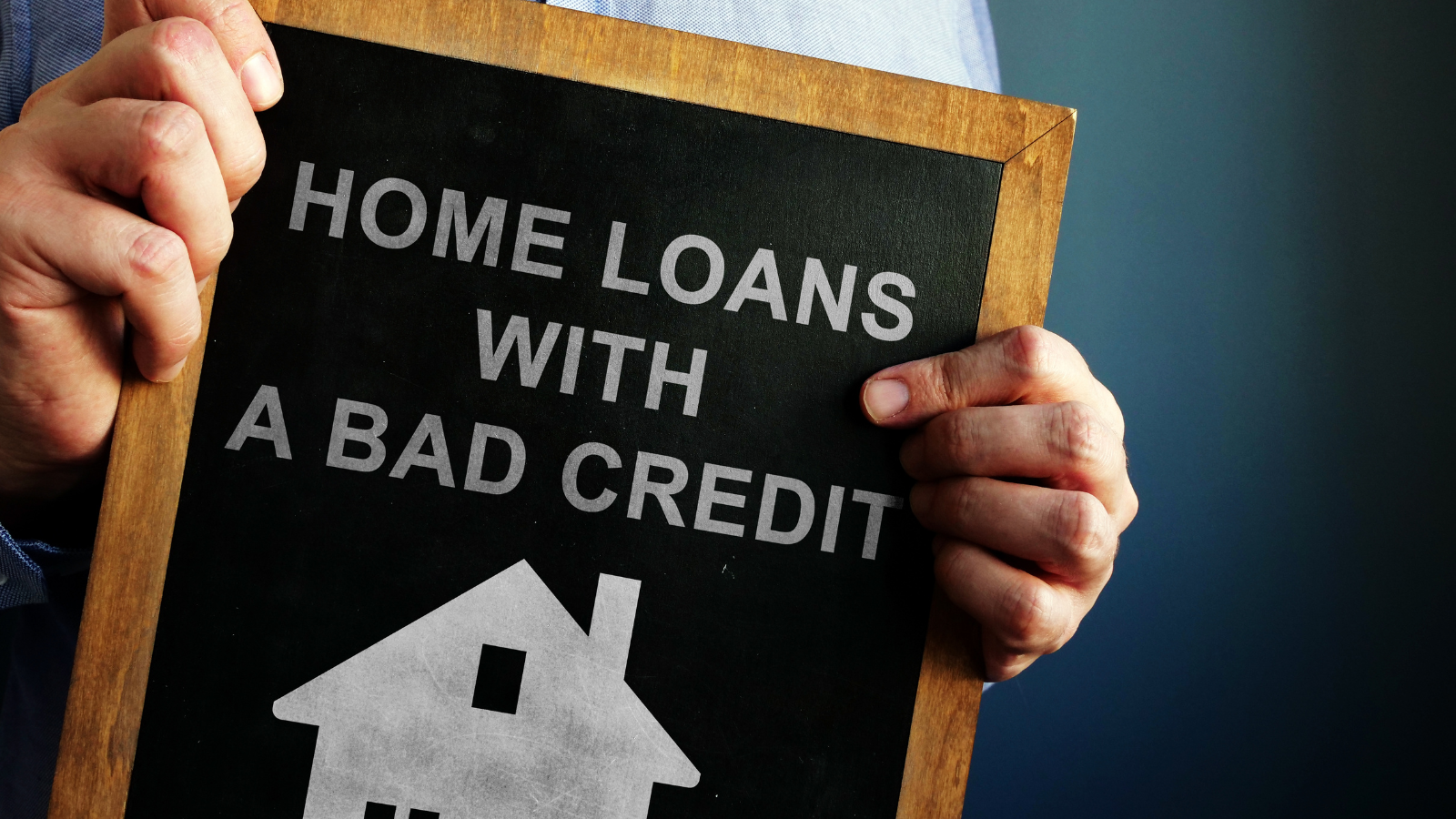
The Stress Test
You have likely heard the words “mortgage stress test” before when starting your real estate journey. In this blog we want to familiarize you with what a mortgage stress test is, how it works, what the current stress test rate is, and some other information about a stress test.
In a general picture, a mortgage stress test is the qualifying benchmark set by the Canadian government’s Office of the Superintendent of Financial Institutions (OSFI) to reduce risks to the housing market, such as mortgage default risk. The Minister of Finance is responsible for setting mortgage stress test rates for insured mortgages and OSFI sets the mortgage stress test rate for uninsured mortgages.
The reason that it is a smart idea to get a mortgage test is due to fluctuating interest rates, which is one of the few factors that can affect the cost of buying a house. It is important to understand that a mortgage rate is one of the biggest reasons why the cost of a home may increase, especially if you use a variable-rate mortgage. Variable-rate mortgages are linked to the Bank of Canada rates, which recently rose a few weeks ago.
How Does It Work?
A mortgage stress test is a high interest rate on a mortgage application that a bank or mortgage broker uses to qualify you. In simple terms, a mortgage stress test is a rate that is raised artificially in order to lessen the amount of mortgage for which you may qualify for. Let’s say you qualified for a $500,000 mortgage with an interest rate of 2.25% for a 5-year period, the maximum mortgage you could qualify for may be lowered to $400,000 if you use the stress test rate of 5.25%. Put simply, your mortgage approval would be reduced by roughly $100,000 if you qualified at 5.25% versus the contract rate of 2.25%
What is the purpose of a Stress Test?
The main reason for a stress test is to prevent potential homebuyers from taking out a mortgage in their name which was too costly for the individual, therefore getting themselves into a potential debt issue. Due to its high regarded nature, the stress test is now mandatory for all potential homeowners.
What is the Current Stress Test Rate?
For the stress test rate, it is either 5.25% or your current interest rate plus 2% – whichever is higher. It is also worth noting that to make sure as a potential homebuyer you can make payments despite possible increases to mortgage costs, the mortgage stress test rate is more than the actual lending rate you might get from the financial institution.
Can I get a mortgage without a Stress Test?
There is a few ways to avoid the Stress Test, first which involves utilizing a local credit union if the property is within their lending are. As long as there is a 20% down payment, this can be an option and typically comes with a slightly higher rate but will allow you to qualify for more. Secondly, alternate and private lenders will bypass the Stress Test but here, rates will be even higher and there could be potential fees associated with this type of lending.
How can we help?
Stress tests are an important part of getting a mortgage. It helps to make sure that people are able to afford their purchase so as to not go into debt in the future. Think of it as a safety net that is in your best interest.
We understand that stress tests can be confusing, and you may wonder why you need one. If you have any questions or would like to start your mortgage journey, feel free to reach out to us anytime. We very much look forward to meeting you and helping get you set up in your new real estate adventure!



